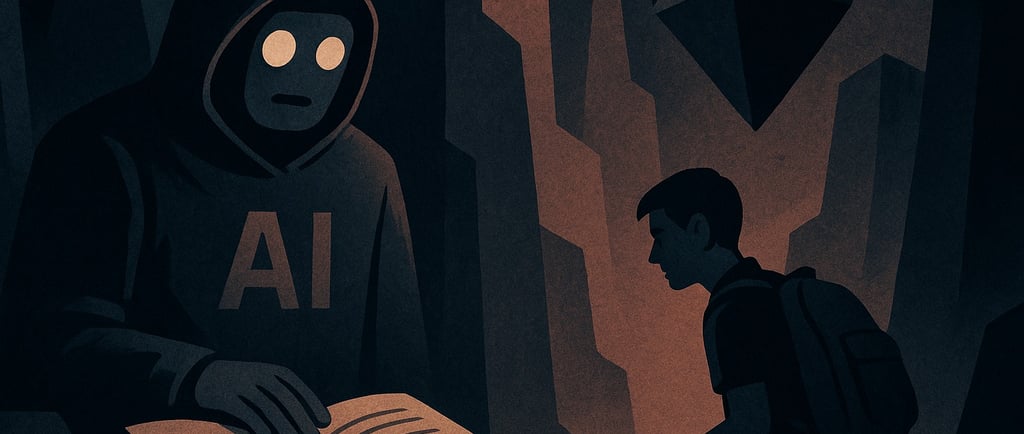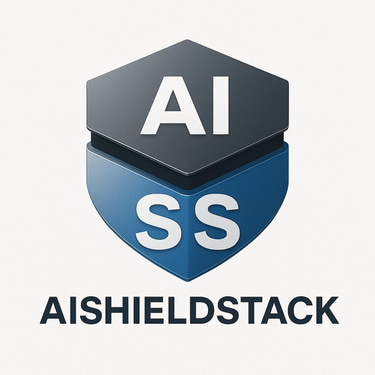Navigating the Challenges of AI Plagiarism in Education
Generative AI is transforming education, leading to increased reliance on AI detection tools among teachers. Plagiarism rates are rising, highlighting the urgency for robust academic policies. The gap in ethical perceptions between students and educators complicates the enforcement of academic integrity.
FUTUREWORKUSAGETOOLSPOLICY
AI Shield Stack
11/10/20252 min read


Generative AI is reshaping the educational landscape, presenting both opportunities and challenges. As tools like ChatGPT become increasingly prevalent, educators are faced with the dual-edged impact of these technologies. While they enhance learning experiences, they also pose significant risks in terms of academic integrity, leading to heightened concerns about plagiarism and ethical breaches.
The statistics are striking: 68% of teachers now rely on AI detection tools to combat academic dishonesty, reflecting a 30 percentage point increase in usage. This growing dependence on AI detection technology highlights the urgent need for schools to adapt to the challenges posed by digital tools. Meanwhile, student discipline rates for AI-related plagiarism have risen dramatically, from 48% in the 2022-23 school year to 64% in the 2024-24 school year.
As educators grapple with these issues, regional trends reveal stark differences in how academic institutions manage AI-generated content and plagiarism. For instance, the United Kingdom has the highest plagiarism rate at 33%, despite only 10% of academic content being AI-generated. In contrast, Australia leads with 31% of academic content being generated by AI, yet its plagiarism rate is comparatively lower at 19%. These discrepancies highlight the varying degrees of AI integration and the effectiveness of local academic policies.
The interaction between students and AI tools like ChatGPT is also evolving. Approximately 90% of students are familiar with ChatGPT, and 89% have used it for homework assignments. This high level of usage raises concerns about over-reliance on technology and its implications for learning. In fact, 48% of students admit to using ChatGPT for at-home tests, while a significant 72% of college students believe it should be banned from their networks.
As plagiarism rates continue to climb, it is clear that traditional methods of detection are being challenged by advanced text-generation technologies. Recent data indicates that the average plagiarism rate in scanned assignments is around 23% at career and technical colleges and 32% at community colleges. This alarming trend underscores the pressing need for more effective plagiarism detection systems and updated academic policies that account for the complexities introduced by AI.
The ethical implications of AI in academic settings present another layer of complexity. A notable gap exists between the perceptions of educators and students regarding the misuse of AI tools, with significantly more students admitting to inappropriate use compared to their educators. This divergence complicates efforts to uphold academic integrity and emphasizes the need for clear ethical guidelines.
In conclusion, the rise of generative AI has introduced significant challenges in maintaining academic integrity, necessitating updated policies, advanced detection tools, and comprehensive educational reforms. AI Shield Stack (https://www.aishieldstack.com) offers solutions to help educational institutions navigate these complexities and uphold academic standards.
